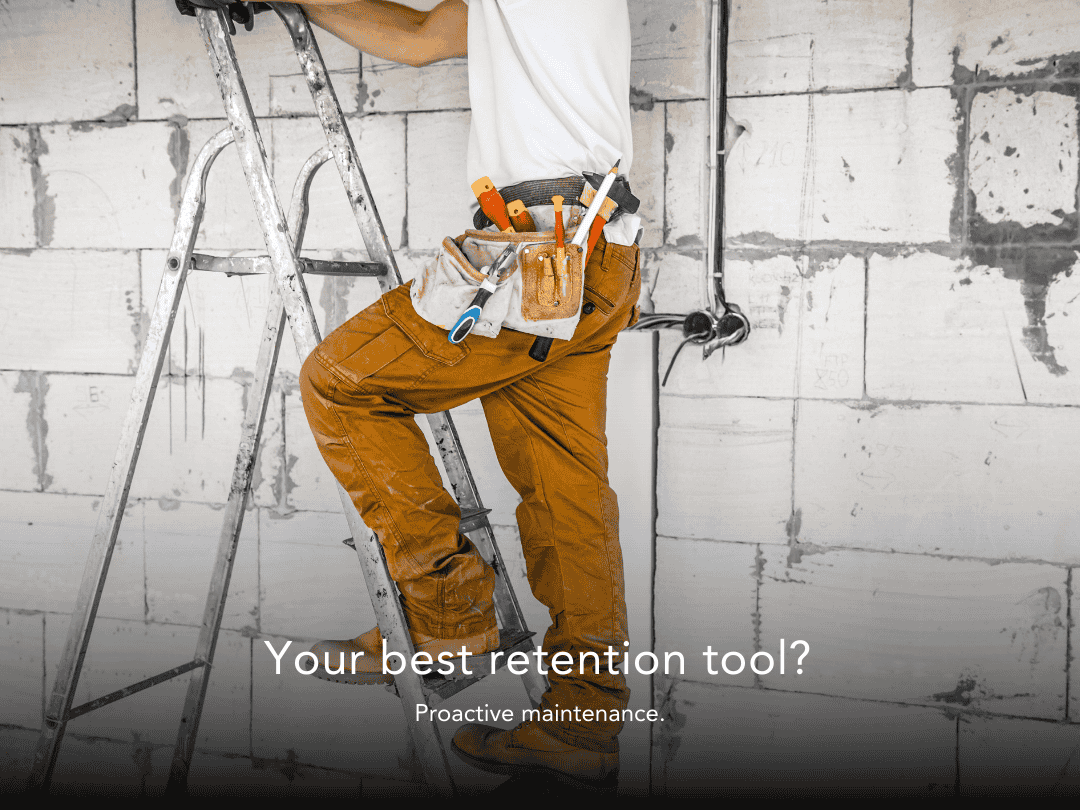Remove any visible debris: Before using any tools, remove any visible debris or hair from the drain opening. You can use a pair of needle-nose pliers or a bent wire hanger to reach into the drain and pull out any visible blockages.
Boil water: Boil a large pot of water on the stove. Once the water has boiled, let it cool for a few minutes so that it is still hot but not boiling.
Pour the hot water down the drain: Carefully pour the hot water down the drain. The heat can help to break down any soap scum or other materials that may be causing the blockage.
Use a plunger: If the hot water does not clear the clog, try using a plunger. Fill the tub with enough water to cover the bottom of the plunger, and then place the plunger over the drain opening. Apply firm, downward pressure on the plunger, making sure to maintain a tight seal around the drain. Repeat several times if necessary.
Try a drain snake: If the plunger does not work, you can try using a drain snake to remove the clog. Feed the snake into the drain and turn the handle clockwise, pushing it down into the drain until you feel resistance. Continue turning the handle while pulling the snake out of the drain. If you encounter resistance, turn the handle counterclockwise and continue feeding the snake into the drain until the blockage is cleared.
Clean the drain: Once the clog has been cleared, rinse the drain with hot water to remove any remaining debris.
Regularly cleaning your bathtub drain and preventing the buildup of debris and hair can help to prevent future clogs.
Technology is part of every aspect that touches our everyday lives. There’s no escaping it; we all have mobile phones and computers and a wide range of electronic devices that are pretty intuitive to what we need and want.
Stop surprise repairs with a simple, seasonal plan. Set clear response times, log fixes, and keep small issues from growing and repair budget steady.
When managing rental properties, efficient property maintenance is key to providing a positive experience for landlords and tenants. Timely and effective repairs not only keep the property in top condition and contribute to tenant satisfaction and retention.
Winter brings a predictable dip in renter activity, but it does not have to sink results. Here is how to navigate the season, sharpen marketing, and use incentives wisely.
Communication is the backbone of property management. Owners want clarity on performance and cash flow. Residents want quick answers and visible progress on requests. The right mix of tools and habits turns communication from a pain point into an advantage.
Busy days calm down when the right tools do the heavy lifting. Here’s how our stack speeds leasing, maintenance, payments, and reporting without adding noise.
Property management is an economic engine in Boise. From steady housing supply to vendor jobs and safer, well-kept neighborhoods, the ripple effects touch residents, owners, and local businesses.
The right software won’t run your business for you, but it will clear roadblocks: rent gets paid on time, work orders stop slipping, and your books match reality. Here’s a straightforward way to evaluate options if you manage rentals in Boise and the Treasure Valley.
Dive into the future of property management in Boise, Idaho, and discover how technology is reshaping the industry. Learn how to leverage the latest trends to future-proof your business, improve tenant satisfaction, and stay ahead of the competition.
A year-round approach to pricing, amenities, maintenance, and communication that reduces vacancy and grows resident satisfaction.
Boise’s seasons change—your playbook can stay simple. Prep the property, plan your leasing moves, and communicate clearly with residents. Use this quick guide to keep cash flow steady from winter to fall.
Learn key factors to consider when choosing a property management company, from reputation and communication to legal compliance and technology integration.













